Latest Updates
Enquiry Form
ELECTRONIC MEDIA
This course introduces students in any area of study to the fundamentals of using a range of electronic media to communicate information and ideas. It covers methods for digitally creating audio, visual images, and multimedia.Through individualized projects, students have the opportunity to experience the effect of different media on information. Role of electronic media Electronic […]
Read more
PRINT MEDIA
Print media is one of the oldest and most trusted forms of information distribution, making its mark as a powerful advertising tool that connects with a diverse audience. Its rich history mirrors the evolution of civilization itself, and during the early 19th century, the Industrial Revolution ignited a wave of innovation in print technology, transforming […]
Read more
ADVERTISEMENT MEDIA
Advertising is simply telling and selling the product. This process begins quite early from the marketing research and encompasses the media campaigns that help sell the product. Without an effective advertising management process in place, the media campaigns are not that fruitful and the whole marketing process goes for a toss. Hence, advertising process is […]
Read more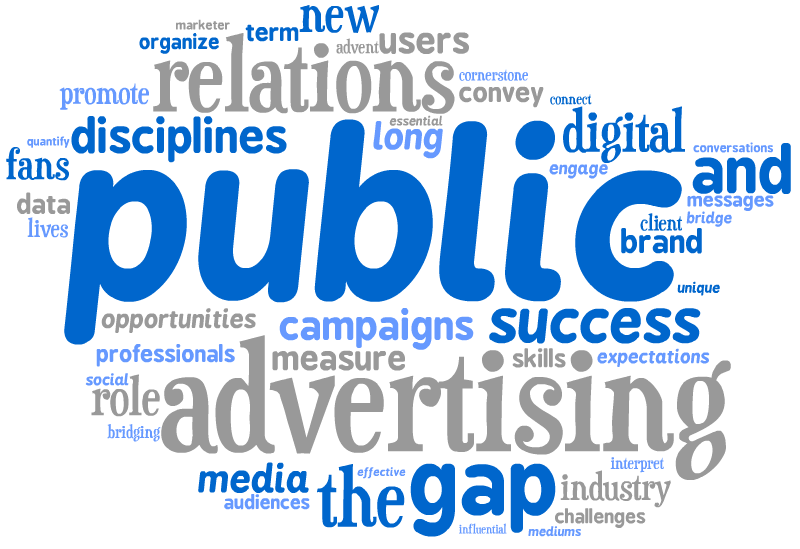
Digital Marketing / New Media
Digital Marketing term used for the marketing of products or services using digital technologies, mainly on the Internet, but also including mobile phones, display advertising, and any other digital medium. In simplistic terms, digital marketing is the promotion of products or brands via one or more forms of electronic media. Digital marketing differs from traditional […]
Read more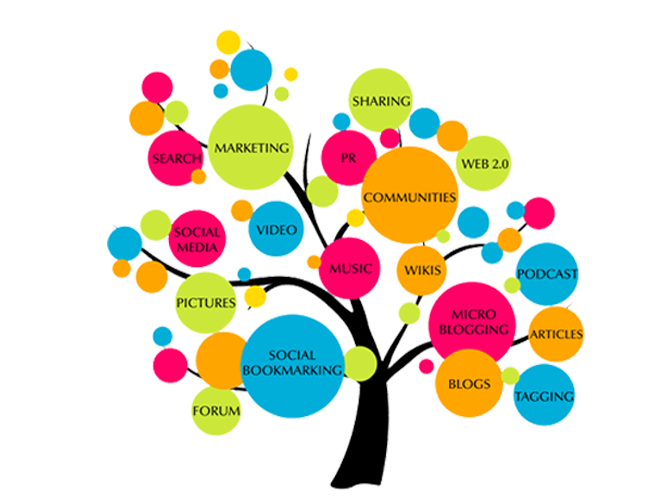
Popular Courses
In today’s competitive world, PIMC is your ultimate guide to unlocking your potential in the media industry! We offer a range of programs—degrees, PG degrees, diplomas, and short-term courses—designed to shape your mindset and equip you for a successful journey in media. Let’s embark on this exciting adventure together!
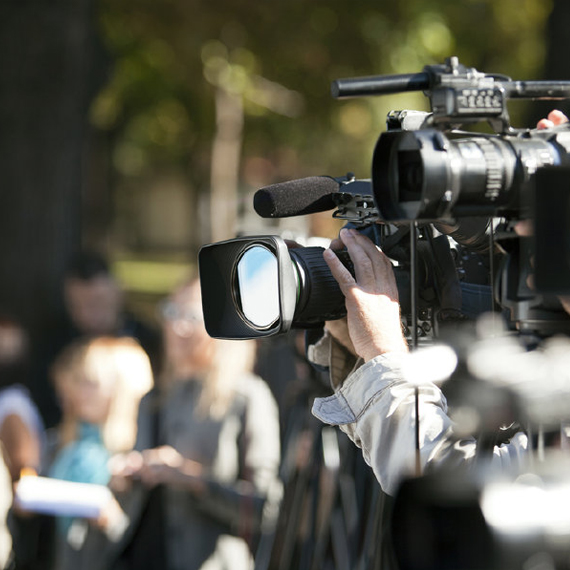
TV NEWS Reporting
News reporter training is generally available as bachelor's degree programs. Learn more about these programs, including requirements, necessary skills and experience as well as other options available to aspiring reporters and journalists.
Television reporters gather information, investigate leads, and write and report stories “live” or “on the scene.” Occasionally they tape their newsstories, sometimes called “packages,” for a later broadcast.
The newscaster begins a news item with a brief mention of the highlights of the story and follows it up by introduce the reporter on location. The reporter then states the main points of the news and gives details in a concise style, the report may be interspersed with interviews of the persons in the news.

Anchoring
As a news anchor, you will work closely with reporters and other journalists to gather facts, broadcast news reports, interview guests, and cover breaking stories when necessary.
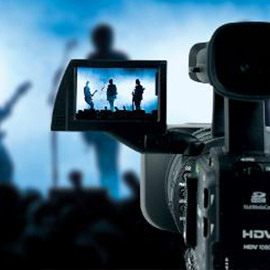
TV Production
TV production is the process of developing a television show from its early writing stage through acquiring talent and a crew, securing a set or location, shooting, editing, and preparing it for broadcast.

Creative Writing/Scripting
A creative writer uses their experience and imagination to write stories, poems, and other literary works to introduce the readers to an idea or narrative.

Grow Your Career
In the dynamic world of mass communication, there’s no one-size-fits-all formula for success. While a graduate degree is a solid start, a postgraduate degree or diploma is key for landing responsible roles. Start honing your skills now—blog, freelance for newspapers, or contribute to online platforms. Remember, maturity, objectivity, and clear thinking are your best allies. Dive in and let your voice be heard!


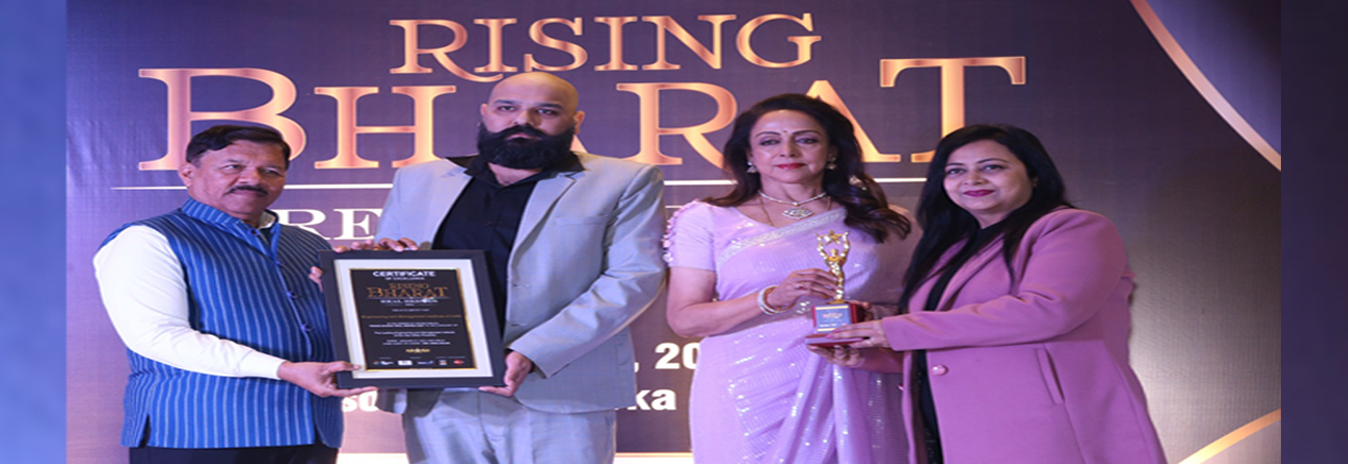
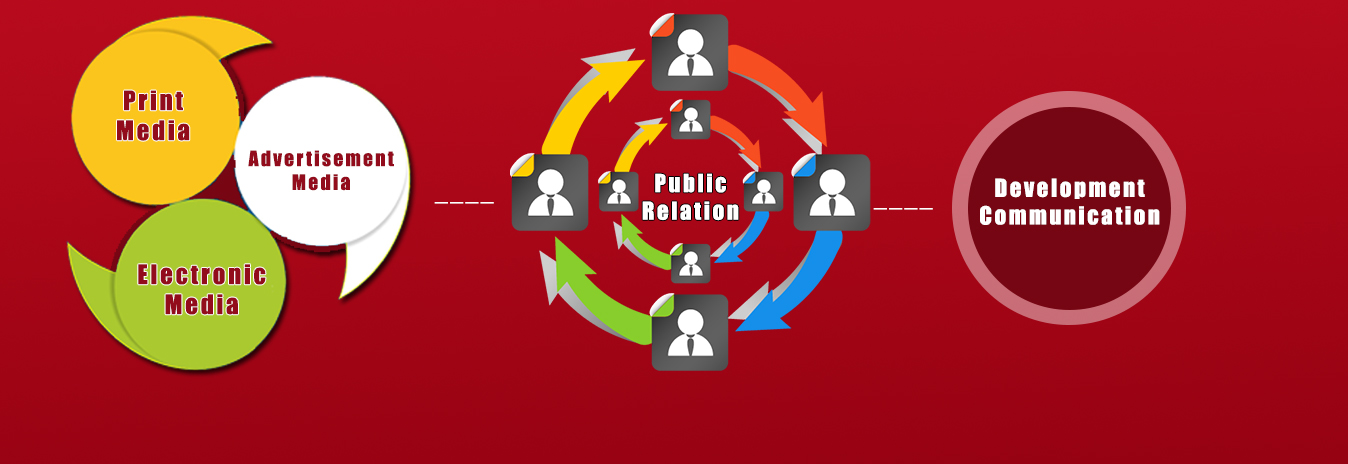


DEVELOPMENT COMMUNICATION
the programme targets communicators from all spheres of government and civil society organisations. The programme promotes the notion of participatory communication as a catalyst for behavioural change and social development. Role of development communication Development is primarily the activation of a country’s human and material resources in order to increase the production of goods and […]
Read more